Blog post by: Eye Physicians of Long Beach
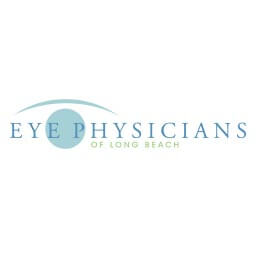
Everywhere you turn right now, people are talking about COVID-19 or the coronavirus. Whether you put on the news, look at social media, or talk to your co-workers, the coronavirus will come up.
But is there any connection to the eyes, and if there is, what can you do to keep from catching it and spreading it to the people around you?
Yes, coronavirus can spread through the eyes
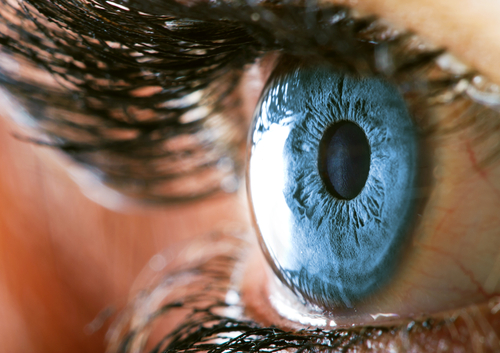
Although there’s a lot that doctors and the medical world don’t know about coronavirus, they do know that it can spread through the eyes. Like the flu, coronavirus causes mild to severe respiratory illness in those that get it.
But if it causes respiratory illness, what does that have to do with your eyes? When an infected person talks or coughs, they spray virus particles out of their mouth or nose.
These particles can then be inhaled by the people around them, but they can also enter through the eyes. Besides virus particles spreading through the mouth or nose, someone with the coronavirus can spread it through their tears.
If a non-infected person touches an infected person’s tears or a surface where those tears landed, they can then become infected. This is why it’s so important to not touch your face, especially your eyes.
Another way you could get the coronavirus is if you touched something that has the virus on it. This could be anything like a doorknob, a table, or a cabinet handle.
After touching this, if you touch your eyes, you could then infect yourself with the coronavirus.
Coronavirus could cause pink eye
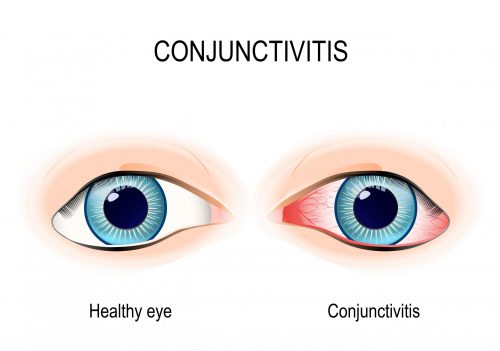
Health officials believe that conjunctivitis (viral pink eye) develops in 1-3% of people infected with the coronavirus. It’s rare that coronavirus develops in someone with pink eye, but it is possible.
If someone has coronavirus and has pink eye, they could spread it if someone touches the discharge from an infected person’s eyes. When someone has pink eye, you should stay away from them, since they are highly contagious anyway.
What you can do to reduce your chances of developing coronavirus
Coronavirus is highly contagious but that doesn’t mean that everyone is going to get it. There are plenty of things that you can do to reduce your chances of developing coronavirus. Here are some recommendations of what you can do:
Wash your hands often
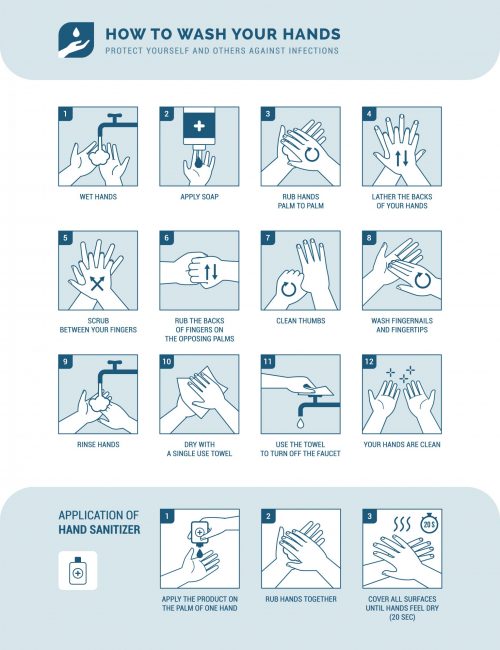
One of the best possible things you can do to reduce your chances of developing the coronavirus is to wash your hands often. The CDC recommends washing your hands before eating, after using the bathroom, coughing, sneezing, or blowing your nose.
Whenever you wash your hands, use hot water and soap for at least 20 seconds. If you’ve seen any of the memes going around about songs to sing in your head while washing your hands, there are plenty to choose from.
Everyone heard it was your ABC’s but now you have some more options! Try out Take on Me by A-ha, the health-conscious Stayin’ Alive by the Bee Gees (it’s what’s recommended when you do CPR), or Lizzo’s Truth Hurts.
The point is, these choruses are all about 20 seconds long, which is how long you need to be thoroughly washing your hands. Also, don’t forget to turn off the faucet using a paper towel if possible. This will keep your hands clean as you leave the bathroom!
Avoid touching your face, especially your mouth, nose, and eyes

As the coronavirus can be spread by touching surfaces that an infected person touched, you need to be diligent about not touching your face. A lot of us touch our faces without even realizing it during the day.
But one of the things that make the coronavirus so frightening is you can’t really tell who has it. Symptoms can take 2 to 14 days to show up after a person has been exposed and is then infected.
That means there could be people walking around you that have coronavirus and don’t even know it. If you absolutely have to touch your eyes, like to put in eye drops, wash your hands first using soap and water for at least 20 seconds. In a pandemic environment, you cannot be too careful.
Consider switching to glasses if you wear contact lenses
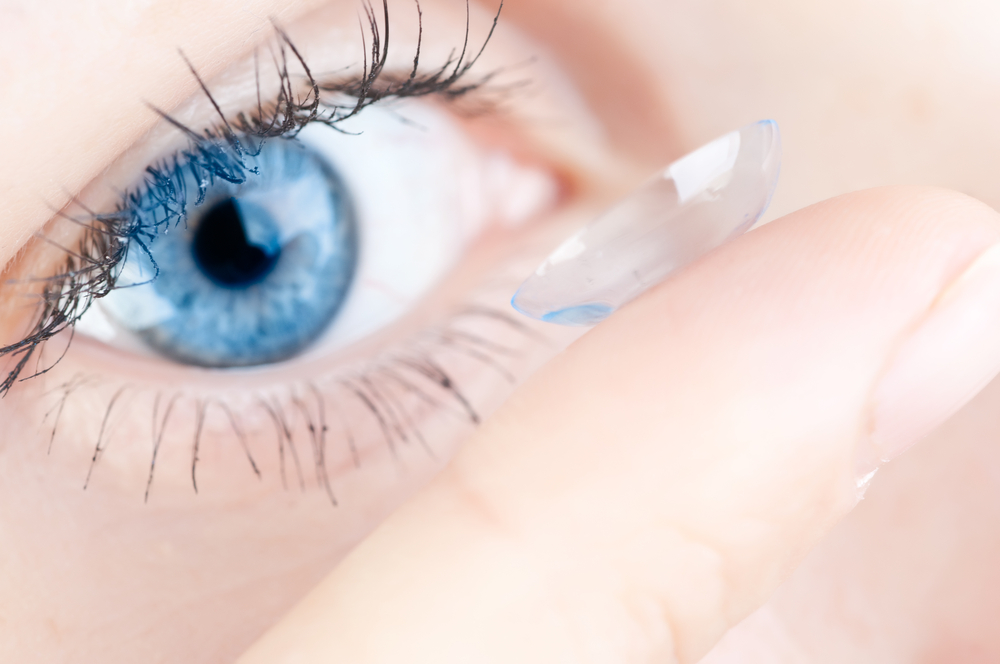
Wearing contact lenses means that you touch your eyes a lot more than most people. If you’re concerned about getting the coronavirus, you may want to consider switching to wearing glasses.
Not only do wearers of contacts have to touch their eyes more to put them in and take them out, but they also may touch their eyes more throughout the day. If this sounds like you, it’s smarter to temporarily stop wearing contact lenses.
Glasses can give you an extra layer of protection, especially when compared to wearing contact lenses. Although you can still get coronavirus wearing glasses, your eyes will be less exposed than if you were wearing contact lenses.
Don’t go to your eye doctor if you’re sick
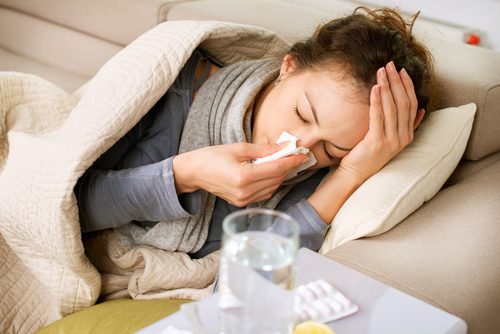
If you have an eye exam with your eye doctor coming up and you’re sick, you shouldn’t go to your appointment unless it’s an emergency. Call your eye doctor’s office ahead of time to let them know if you have a fever or cough.
It’s likely they’ll tell you to reschedule and stay home. If you do arrive sick, you’ll probably have to wear a mask to avoid infecting any other patients, who may be older and more vulnerable.
If you have any doctor’s appointments coming up, even if they aren’t with your eye doctor, you should let them know if you’re sick as well. Coronavirus is highly contagious and a doctor’s office or waiting room is a place that you could infect someone, even if you don’t mean to.
Don’t panic
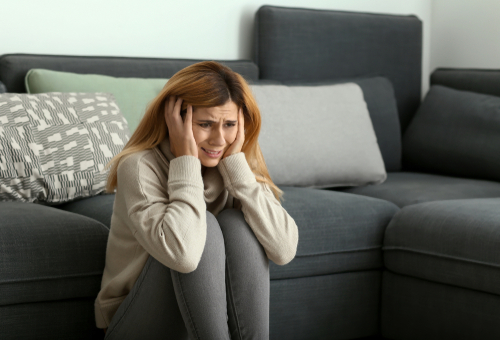
Coronavirus is scary but you shouldn’t panic. For most people, like those that are younger and in good health, it causes mild symptoms at best.
But most of what makes this dangerous is the older population or people with pre-existing conditions. If you think you’re sick, stay home.
Don’t expose yourself to people who think that they may be sick. Above all else, practice common sense and good hygiene.
Have more questions about the coronavirus or the health of your eyes? Contact the experts at Eye Physicians of Long Beach in Long Beach, CA!
